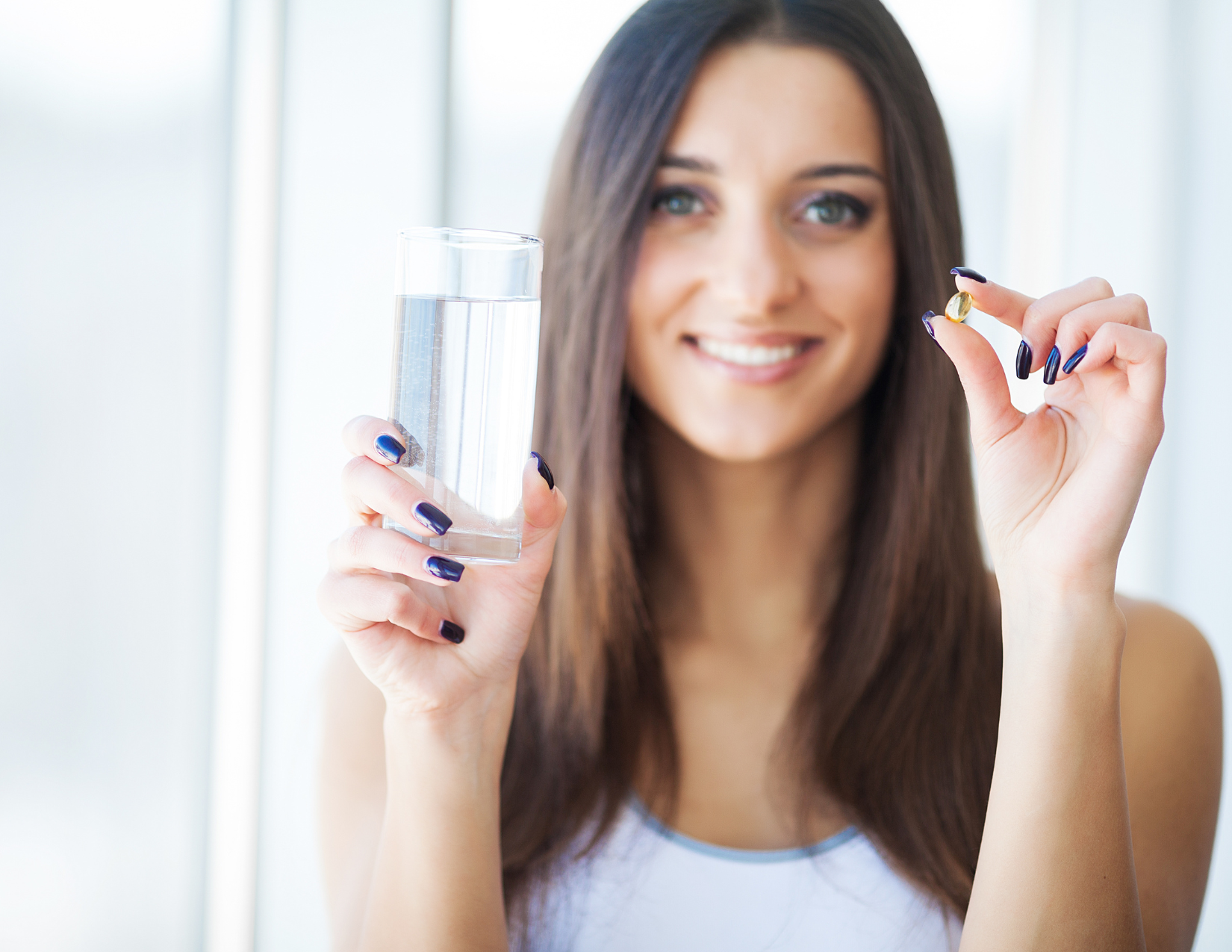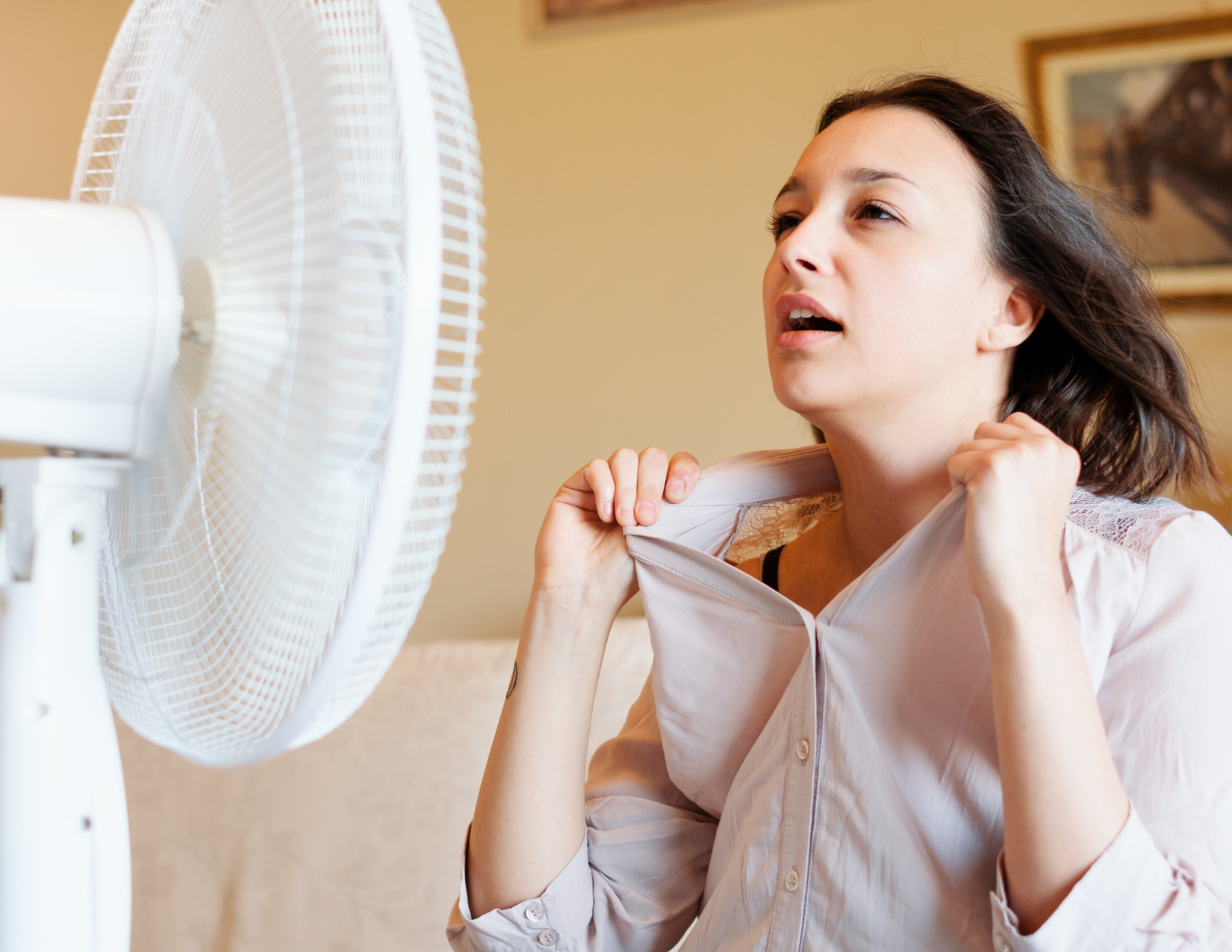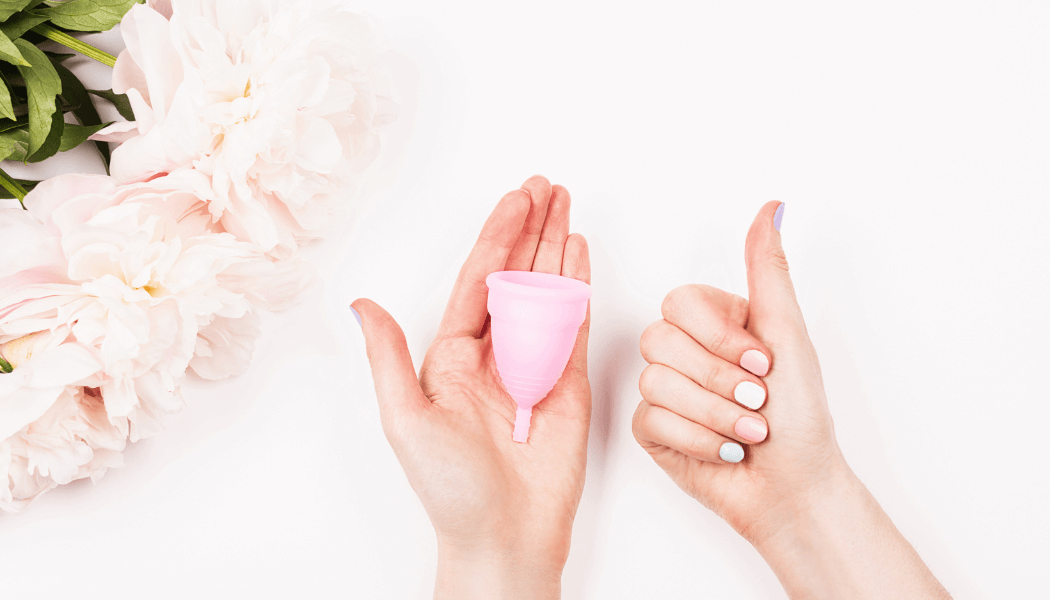Will A Probiotic Help With Yeast Infections and Bacterial Vaginosis?

Do Probiotics Really Work For Vaginal Issues?
Probiotics are all the rage right now. Everyone is talking about them, and there's a good chance you may be taking them yourself. But do probiotics really help with yeast infections and bacterial vaginosis?
The answer to that question is a little complicated. While some people find great relief from taking probiotics, others see no change at all. The bottom line is that probiotics are not a cure-all for every woman's health issues.
In this post, we'll explore the benefits and drawbacks of probiotics, and help you decide if they're right for you.
What Are Probiotics?
So what are probiotics? Probiotics are live bacteria and yeast that line the gut and support digestion. They also play a role in immune health and, some research suggests, may help keep the vaginal area healthy.
Do Probiotics Help With Yeast Infections?
There is some evidence that probiotics may help with yeast infections. A study published in the journal Clinical Infectious Diseases found that a probiotic pill taken orally every day for two months helped to clear up yeast infections in women with recurrent infections.
While probiotics may help to some degree, it's important to note that there is no one-size-fits-all answer when it comes to probiotics and yeast infections. Some people may see results, while others may not.
Do Probiotics Help With Bacterial Vaginosis?
There is some scientific evidence that probiotics may help with bacterial vaginosis. Probiotics are live bacteria that can be found in yogurt and other fermented foods, as well as dietary supplements and skin care products.
Studies have shown that probiotics can help restore the balance of bacteria in the vagina, which may help to improve the symptoms of bacterial vaginosis. However, more research is needed to confirm this.
What Are the Best Probiotics for Yeast Infections and Bacterial Vaginosis?
There are a lot of probiotics on the market these days, so it can be tricky to know which one to choose. But don't worry, we're here to help.
The best probiotics for yeast infections and bacterial vaginosis are those that contain Lactobacillus rhamnosus and Saccharomyces boulardii. These strains have been clinically proven to help reduce the symptoms of both conditions.
If you're not sure which probiotic is right for you, speak to your doctor or pharmacist for advice.
How Do I Take Probiotics for Yeast Infections and Bacterial Vaginosis?
You're probably wondering how probiotics can help with yeast infections and bacterial vaginosis. Well, it's all about the gut-vagina connection. Probiotics are essential for maintaining the balance of healthy bacteria in the vagina, and when that balance is disrupted, it can cause problems like yeast infections and bacterial vaginosis.
Luckily, probiotics are easy to take and come in a variety of forms, including capsules, powders, and liquids. The dosage will vary depending on the probiotic brand, but most recommend taking them once or twice a day. For best results, try to take them at the same time each day and continue taking them for at least two weeks.
Are There Any Side Effects of Taking Probiotics for Yeast Infections and Bacterial Vaginosis?
There are a few potential side effects of taking probiotics for yeast infections and bacterial vaginosis. The most common is diarrhea, which can occur if you take too many probiotics or if you take them when your stomach is empty. Other potential side effects include nausea, vomiting, and bloating.
If you experience any of these side effects, stop taking the probiotics and speak to your doctor. Probiotics are generally safe to take, but it's always best to check with a healthcare professional before starting any new supplement.
Conclusion
There's a lot of talk about probiotics and their benefits, but do they really work for yeast infections and bacterial vaginosis? The answer is… it depends.
Different strains of probiotics can target different types of bacteria, so it's important to do your research and find the probiotic that's best for you. If you're dealing with a yeast infection or bacterial vaginosis, talk to your doctor about whether probiotics might be a good option for you.


